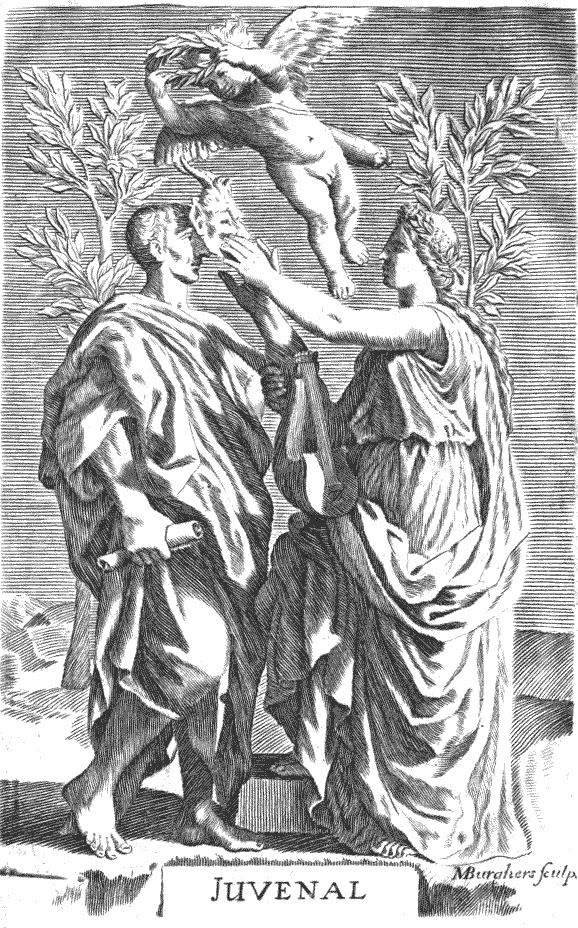
An impulse
There are times when one has to rid criticism of its teeth through humor. And there are times when humor is given the full teeth/bite of criticism. This is the satiric impulse. Despite scholarly efforts from Quintilian to the present time to trace its origin to a specific group of people, satire as an impulse of all has left its traces in the literature (both oral and written) of all people.
As old as human
Satire’s subjects, according to Juvenal, include
all human endeavors, men's prayers, fears, anger, pleasures, joy and pursuits.
Given its origin and subjects, satire will live as long as humans do. It will entertain, criticize, and expose to ridicule and hatred. It will be ironic, delivered in different styles and be humorous in a coarse way. It will dare to speak when one is dared told not to. It will expose society's underbelly to shame while aiming for the changes shame will trigger.
Satire as predator
Wrong doers fear exposure. This was assumption of Juvenal when he hints at those he intends to expose in his rogues' catalog.
This fear, at the very least prompts wariness. Who knows whose voice the satirist will co-opt in his attack? Who knows the doctor who will break privilege after lancing a pile? At most, this fear prompts the consideration of change. Exposure itself compels change.
Satire as prey
Satires' prey doesn't go down easy. The declaration of a satirist's intentions does not demand that we take him at his word. Closer scrutiny might reveal counter intentions, intentions that might be turned against the satirist himself. Such intention has been read within Juvenal's Satire 2 and 6 by S.H. Braund in an essay titled A woman’s voice?—Laronia’s role in Juvenal Satire 2. Kirk Freudenburg has also shown that Juvenal's decision to attack
the famous dead, whose ashes repose beside the Latin and the Flaminian Ways
is an attack on a common practice among Roman writers of his day. According to Freudenburg, stories of noble heroes standing up to bloodthirsty tyrants proliferated after Domitian's death. In A Lost Voice Found: Juvenal and the Politics of Too Much, Too Late Freudenburg shows that Juvenal draws attention to what the writers were trying to do by attacking past tyrants and the tragic heroes who stood up to them.
Satire as anxiety
If you're going to expose a person's secret to shame them, you ought to ensure you are squeaky clean. Or at the very least lay out what others might misconstrue about you.
Satire as anxiety can be expressed in a question - what's in it for you? The satirist might say I'm exposing people to public shaming for their wrong conduct, to reveal the truth or to defend traditional values. Often these are lies. Even those who affect forthrightness like the speaker in Juvenal's Satire lie. His anger and desire to avenge his boredom and shame hypocrites in his city reveal his bitterness and prejudice.




